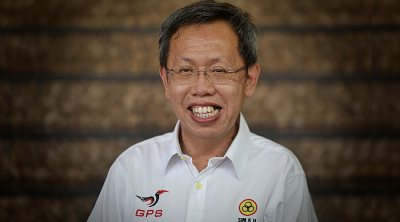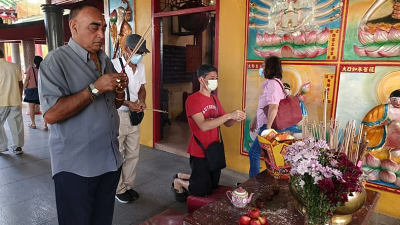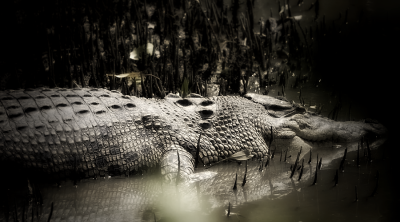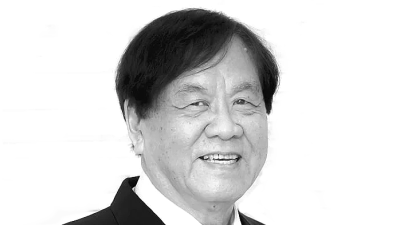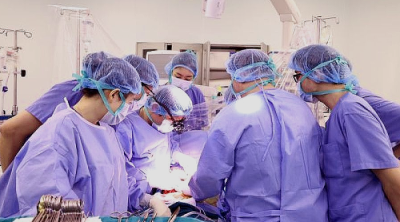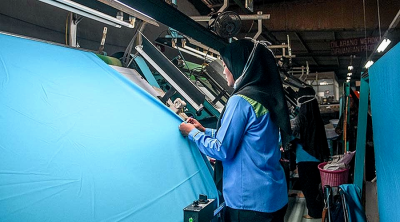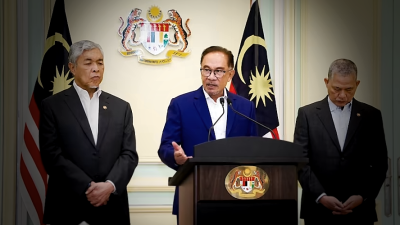
KUCHING: Sarawak has become a transit hub for turtle eggs smuggled from Indonesia to China and Vietnam, said Datuk Abdul Kadir Abu Hashim, director-general of Wildlife and National Parks Department (Perhilitan).
The border areas between Sarawak and Indonesia are hotspots for illegal wildlife trade.
As of October this year, several joint enforcement operations have been carried out, with seven wildlife smuggling cases prosecuted—involving turtle eggs, gibbons, pangolins, and other protected species.
He said most of the cases in 2025 were concentrated in the southwestern border areas of Sarawak, particularly along the Serikin and Melano Bay regions bordering Indonesia.
“We found that most turtle eggs originate from Indonesia, enter Sarawak by land, and are then transported to Kuching or the airport before being smuggled to markets in Vietnam and China,” he said.
Abdul Kadir revealed this at a joint press conference with the Royal Malaysian Customs Department, adding that the smuggling syndicates are linked to networks in China.
These groups often use night flights and multistage transshipment methods to evade detection—for instance, sending the goods to Indonesia first before routing them through a third country.
Some reptiles are also repackaged and re-exported to India.
“Once these wildlife items enter the international market, their prices soar several times over. That’s why cross-border syndicates continue to take such high risks,” he said.
Customs director-general Datuk Anis Rizana Mohd Zainudin said Operasi Bersepadu Khazanah (OBK) was a joint enforcement platform uniting Customs, the Royal Malaysia Police (PDRM), (Perhilitan), Sarawak Forestry Corporation, the Ministry of Natural Resources and Environmental Sustainability, and other strategic partners including Aviation Security (AVSEC) under Malaysia Airports Holdings Berhad (MAHB) to stop smuggling of wildlife.
As of September, the success rate of OBK increased as compared to the same period last year, said Anis Rizana.
For instance, pangolins from Indonesia were shipped to China and Vietnam via Peninsular Malaysia, Black Pond Turtles from India were shipped to China via Malaysia, while elephant tusks from Africa were shipped to China and Vietnam via Malaysia, he said.
On the technology front, Anis said the Customs Department has installed AI-powered X-ray scanners at major airports to automatically detect animal shapes and abnormal images, allowing officers to identify risks without opening the luggage.
In addition, frontline officers have received Neuro-Linguistic Programming (NLP) training to help them identify suspicious individuals by observing travelers’ body language and facial expressions.
“The combination of artificial intelligence and human intuition enables us to stop smuggling activities at an earlier stage,” he said.
Anis added that the Customs Department has also fully implemented AI systems at Port Klang to monitor container routes.
Since 2023, it has achieved 100 percent risk scanning, effectively preventing wildlife from being exported through cargo channels.
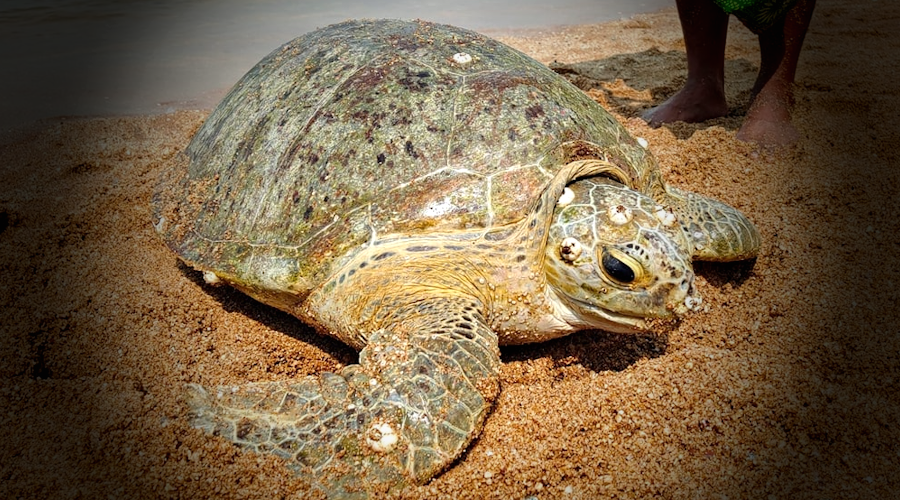
ADVERTISEMENT
ADVERTISEMENT






